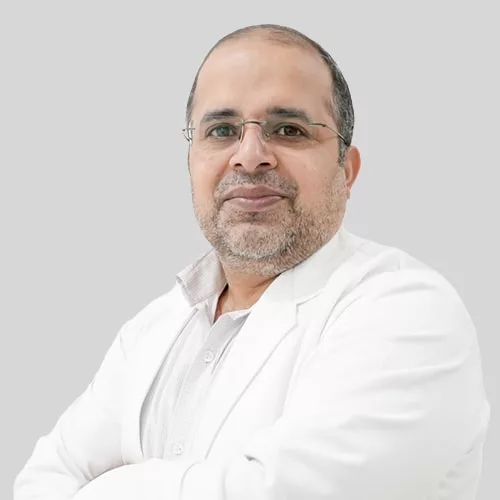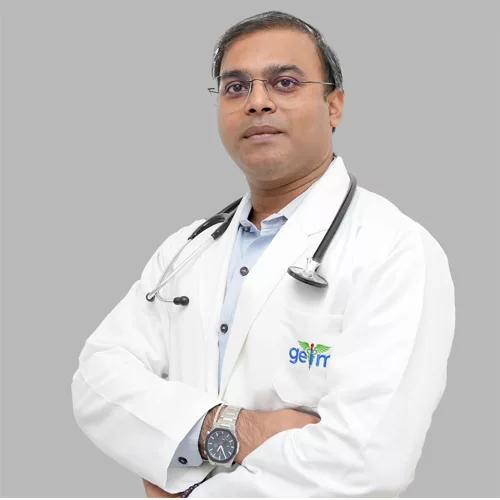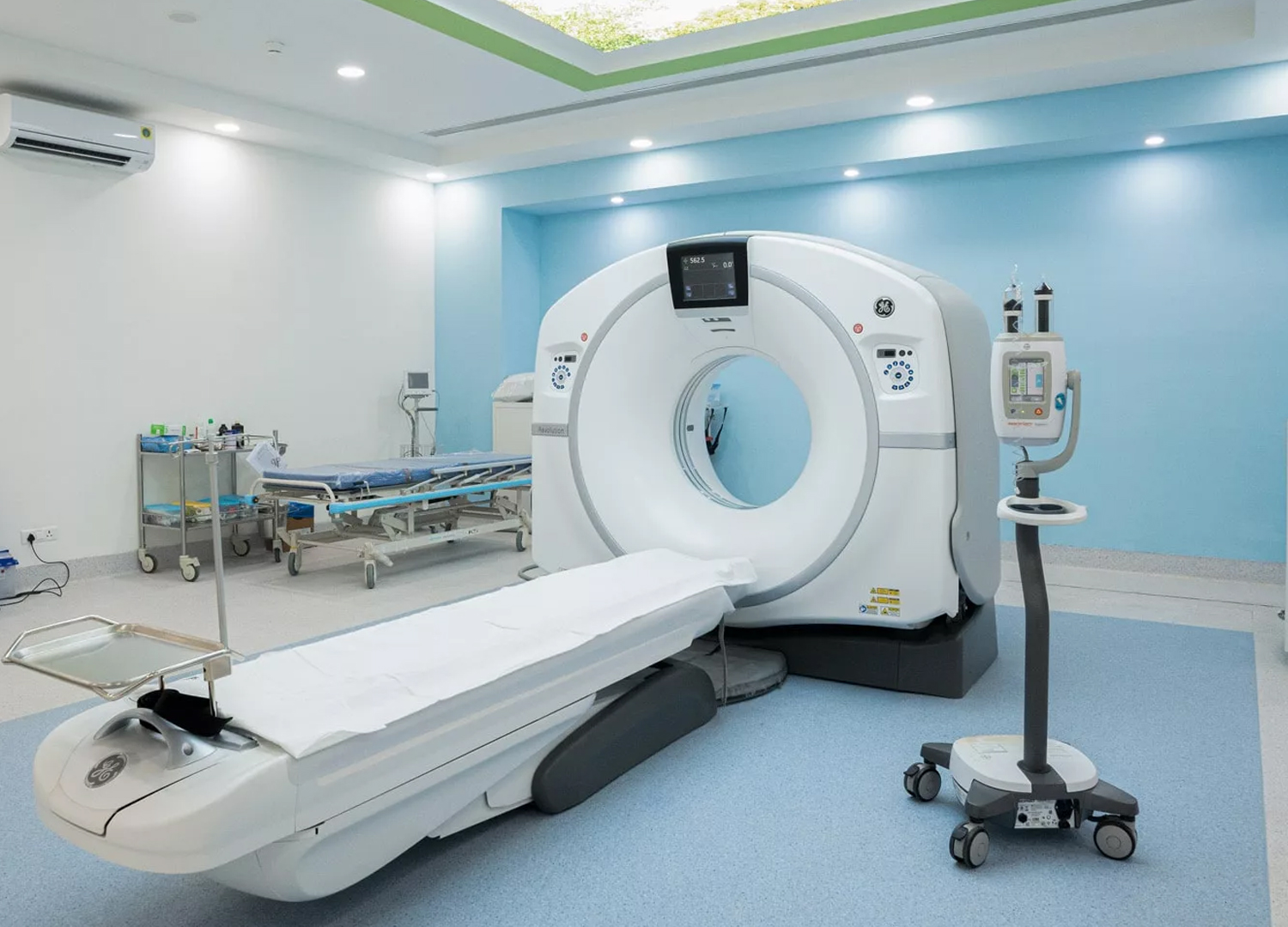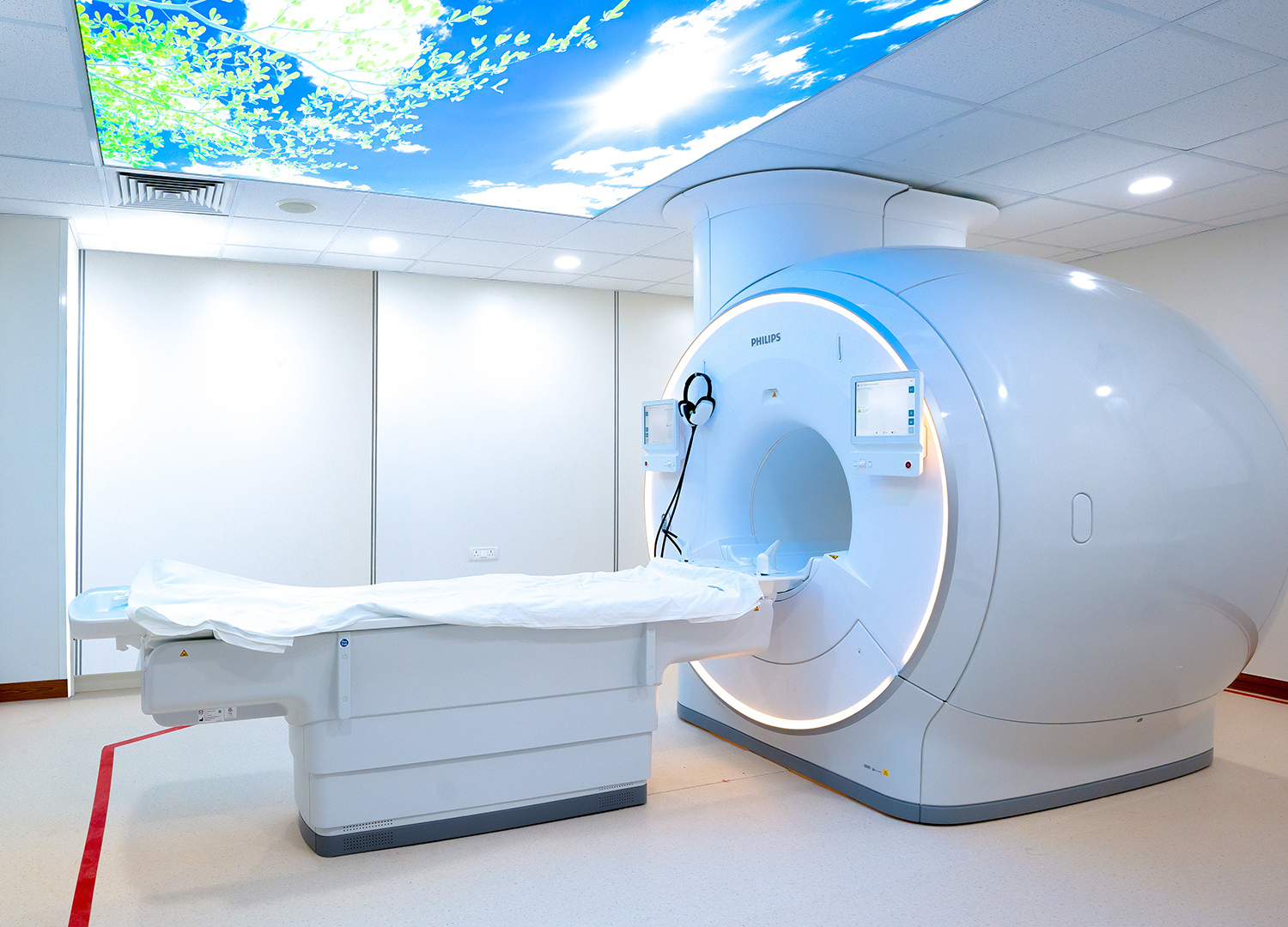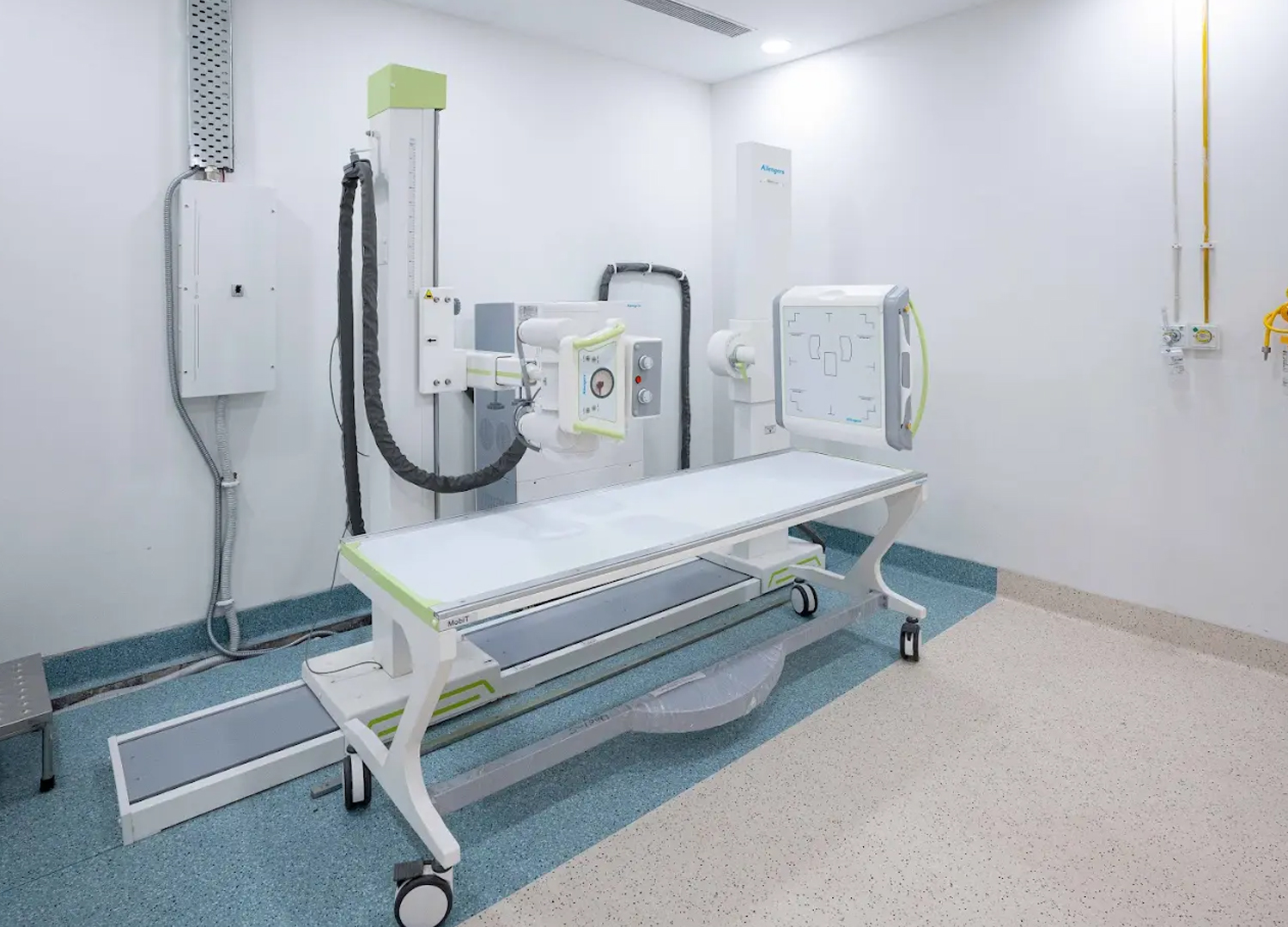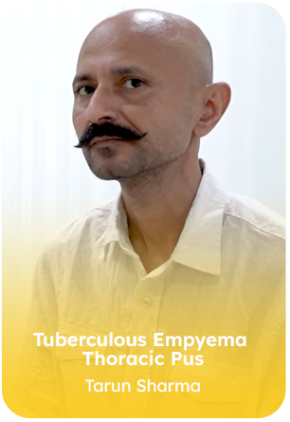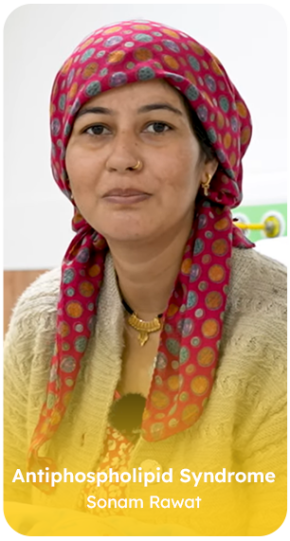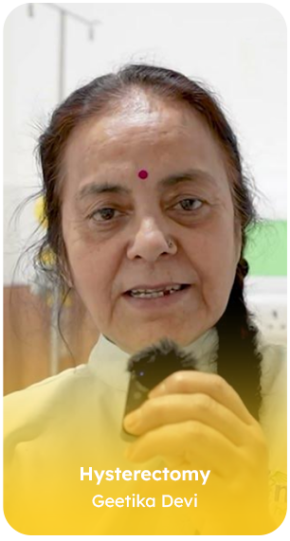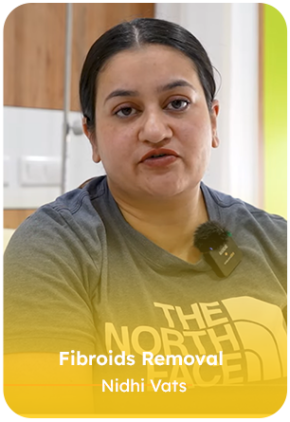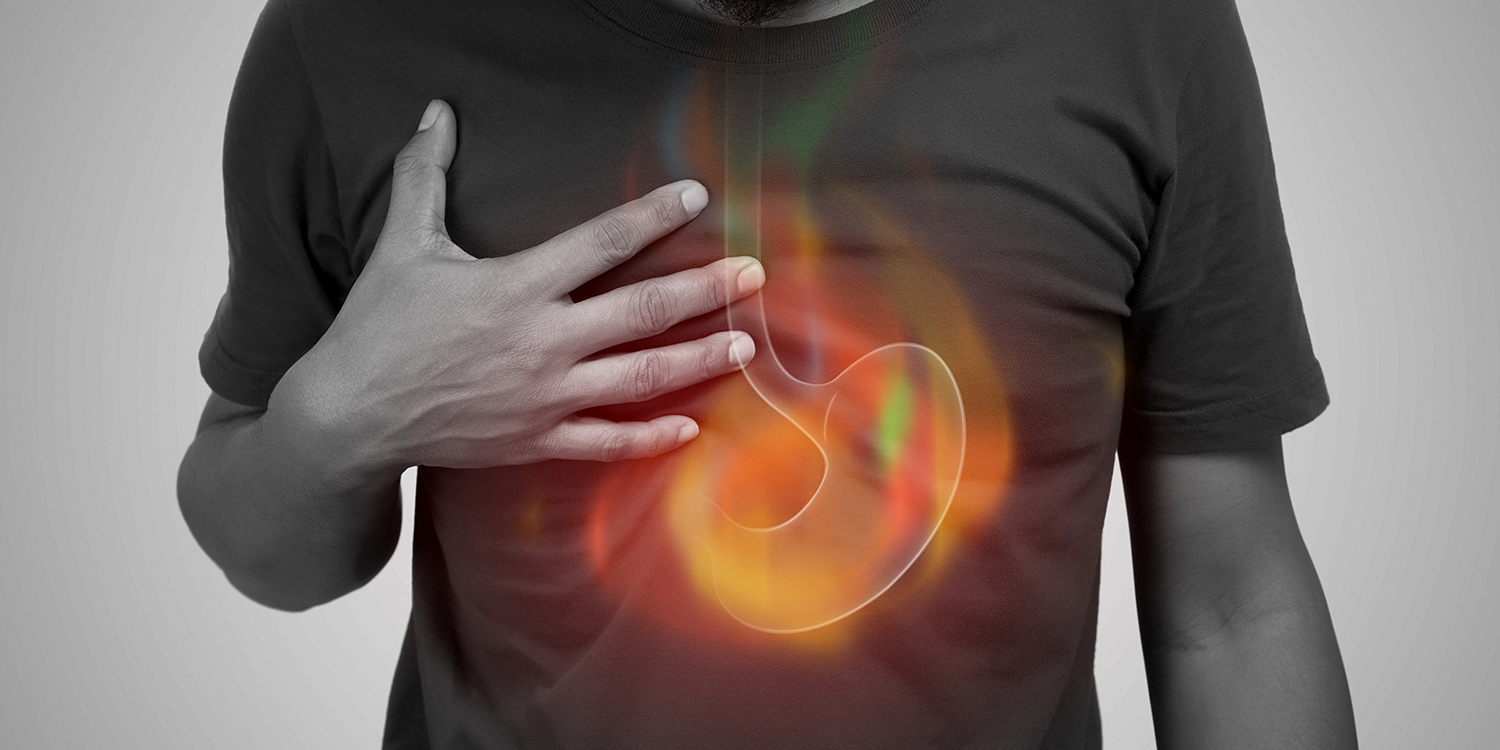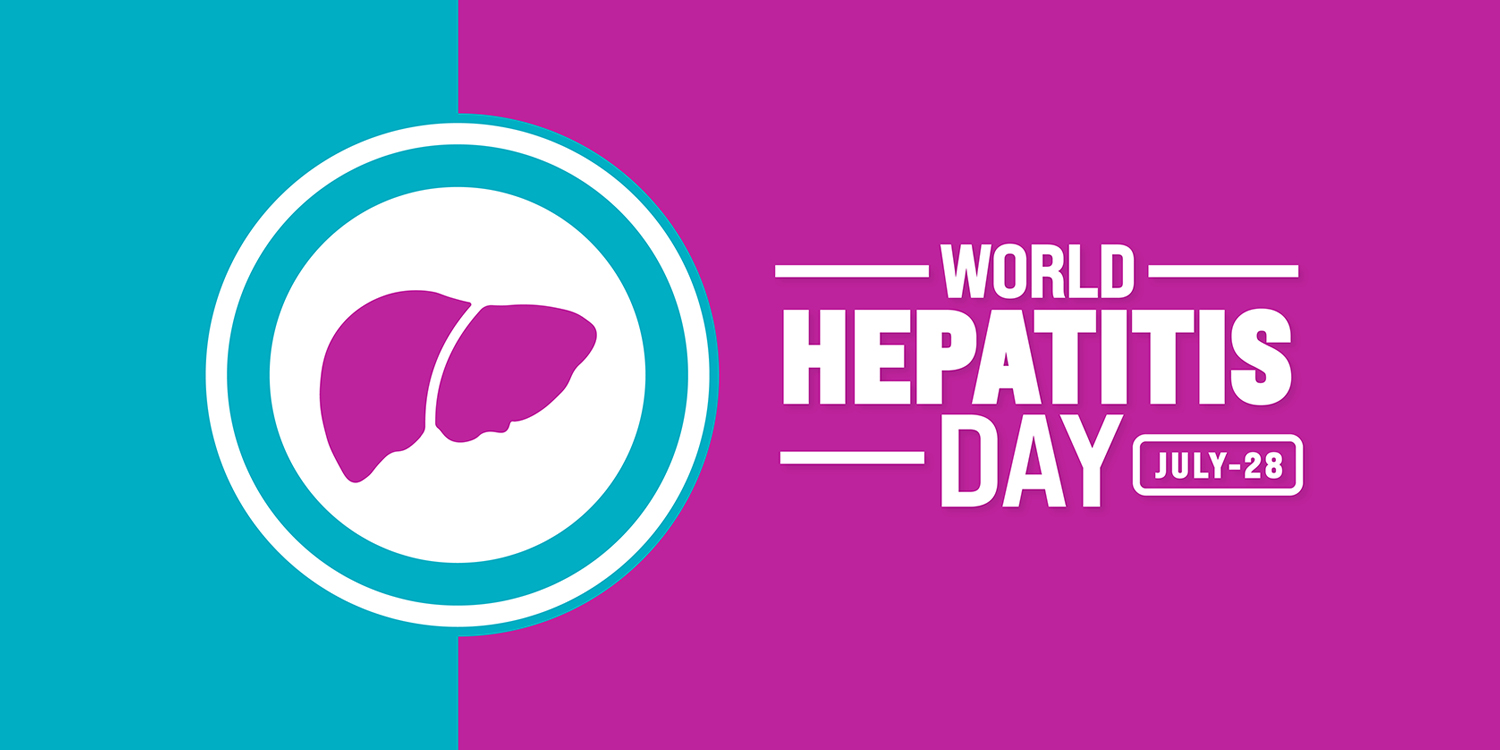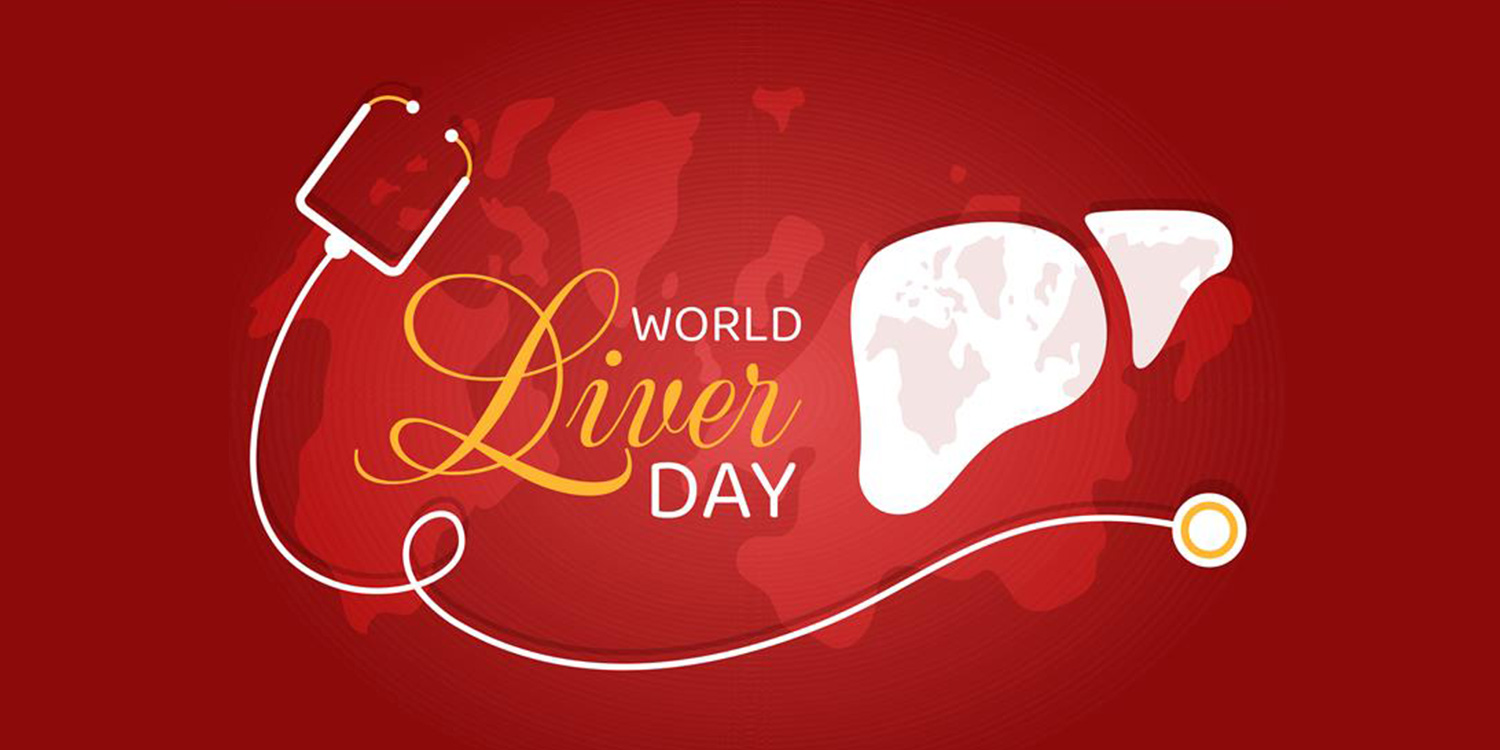Digestive and liver health plays a vital role in overall well-being, and timely diagnosis of gastrointestinal and hepatic disorders can prevent many health complications. At Graphic Era Hospital, Dehradun, we offer comprehensive care for all digestive and liver disorders, ranging from common problems such as acidity and irritable bowel syndrome to complex conditions including liver cirrhosis, pancreatitis, and gastrointestinal cancers.
Our team of highly experienced and renowned gastroenterologists and hepatologists combines clinical expertise with advanced endoscopic and imaging technologies to diagnose and manage complex digestive and liver diseases. From routine screenings to advanced therapeutic procedures, every aspect of care at Graphic Era Hospital is delivered with precision, compassion, and safety.
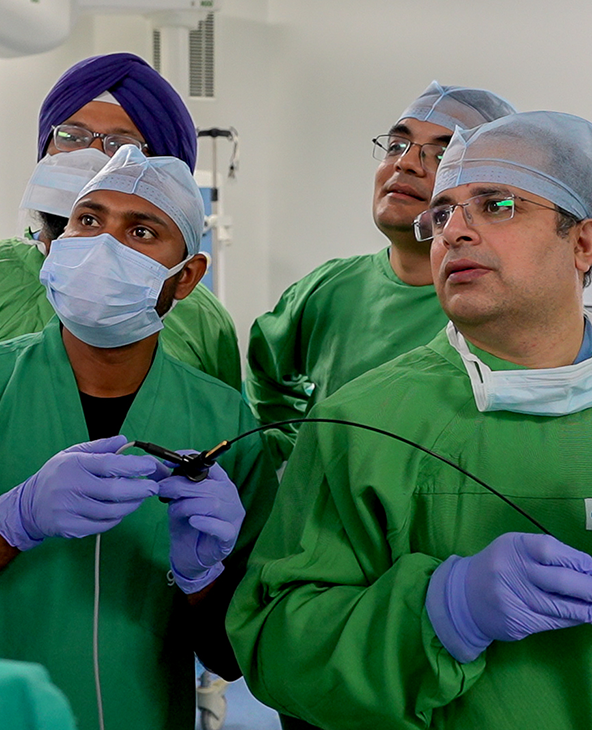
Understanding Gastroenterology, Hepatology, and Advanced Endoscopy
Gastroenterology and hepatology are closely related medical specialities that focus on maintaining the health of the digestive and liver systems. Gastroenterology deals with conditions affecting the oesophagus, stomach, intestines, and pancreas, while hepatology focuses on diseases of the liver, gallbladder, and biliary ducts. Together, they form the foundation of digestive health management.
Endoscopy plays a vital role in both these fields, allowing specialists to examine internal organs using a flexible tube with a camera. It helps in detecting ulcers, inflammation, polyps, and other abnormalities without the need for open surgery. In many cases, endoscopy also enables therapeutic procedures such as polyp removal, tissue biopsy, and treatment of bleeding sites.
At Graphic Era Hospital, these three disciplines work in coordination to provide accurate diagnosis, targeted treatment, and preventive guidance, ensuring comprehensive care for patients with gastrointestinal and liver disorders.
When to Seek Gastroenterology or Hepatology Consultation
Digestive and liver conditions often develop gradually, showing mild or overlooked symptoms in the early stages. Recognising these warning signs and seeking timely medical advice can help prevent complications and support effective treatment. You should consult a gastroenterologist or hepatologist if you experience:
- Persistent abdominal pain, bloating, or indigestion
- Frequent heartburn or acid reflux
- Difficulty swallowing or unexplained nausea and vomiting
- Changes in bowel habits, including diarrhoea or constipation
- Blood in vomit or stools
- Yellowing of the skin or eyes (jaundice)
- Unexplained fatigue or loss of appetite
- Dark urine or pale stools
- Unintentional weight loss or swelling of the abdomen
- Chronic alcohol consumption with liver-related symptoms
Diagnostic and Therapeutic Services Available at Graphic Era Hospital
Graphic Era Hospital offers a complete range of diagnostic and therapeutic services for accurate detection, effective treatment, and long-term management of digestive and liver diseases.
Diagnostic Services
Accurate diagnosis is the first step toward effective treatment. The hospital provides:
- Endoscopy and colonoscopy for direct visual assessment of the digestive tract
- Endoscopic ultrasound (EUS) for detailed imaging of internal organs
- ERCP for evaluating bile and pancreatic ducts
- Liver function tests (LFTs) and viral markers for hepatitis
- Imaging services including ultrasound, CT scans, and MRI
Therapeutic Services
Minimally invasive procedures are performed to treat complex conditions with precision and safety:
- Endoscopic polypectomy and mucosal resection
- ERCP-guided stone extraction and stent placement
- Endoscopic variceal ligation for liver-related bleeding
- Balloon dilatation for strictures and blockages
- Endoscopic management of gastrointestinal bleeding
Supportive Care
Patient recovery and long-term wellness are supported through:
- Lifestyle and dietary Counselling
- Medication management and follow-up plans
- Vaccination and preventive liver care programmes
Together, these services ensure that every patient receives comprehensive, technology-driven, and coordinated digestive and liver care under one roof.
Advanced Endoscopic and Gastrointestinal Procedures Available at Graphic Era Hospital
At Graphic Era Hospital, a wide range of advanced endoscopic procedures are performed to diagnose and treat gastrointestinal and liver conditions with minimal discomfort. These minimally invasive techniques allow specialists to visualise, biopsy, and treat internal organs without the need for open surgery, ensuring faster recovery and greater safety. Procedures include:
- Upper GI Endoscopy (Oesophagogastroduodenoscopy): Used to examine the oesophagus, stomach, and duodenum to detect ulcers, inflammation, or bleeding.
- Colonoscopy: Enables direct visualisation of the large intestine for diagnosing polyps, cancers, or inflammatory diseases.
- Endoscopic Retrograde Cholangiopancreatography (ERCP): Combines X-ray and endoscopy to diagnose and treat bile duct and pancreatic duct blockages.
- Endoscopic Ultrasound (EUS): Provides high-resolution imaging of the digestive tract and nearby organs, useful for evaluating tumours and cysts.
- Capsule Endoscopy: Involves swallowing a small capsule with a camera to capture images of the small intestine.
- Polypectomy and Endoscopic Mucosal Resection: Minimally invasive removal of abnormal tissue or polyps.
- Endoscopic Band Ligation: Used to treat oesophageal varices and prevent bleeding in patients with liver disease.
- Therapeutic Endoscopy: Procedures to stop bleeding, remove foreign bodies, or relieve blockages in the gastrointestinal tract.
Things to Know Before Undergoing Gastrointestinal or Liver Procedures
Proper preparation and understanding of the procedure help ensure accurate results and smooth recovery. At Graphic Era Hospital, each patient receives detailed guidance before undergoing any diagnostic or therapeutic endoscopy. Key points to keep in mind include:
- Most endoscopic procedures require fasting for 6–8 hours before the test.
- Inform your specialist about any ongoing medications, allergies, or medical conditions.
- Some procedures are done under local or general anaesthesia to ensure comfort and safety.
- After the procedure, patients are kept under observation for a short time to ensure they recover well from sedation before discharge.
- Avoid smoking, alcohol, and heavy meals before and immediately after the procedure.
- Mild throat discomfort or bloating may occur temporarily after an endoscopy.
- Resume medications and diet only as advised by your gastroenterologist.
- Follow post-procedure instructions carefully to prevent complications and support recovery.
The hospital’s team ensures constant monitoring, patient comfort, and clear communication throughout the process to deliver safe, precise, and stress-free care.
Doctors Available
Dr. Sachin Dev Munjal
Senior Consultant and Head
Gastroenterology, Hepatology and Advanced Endoscopy
Experience: 15 Years
Book An AppointmentWhy Choose Graphic Era Hospital for Gastroenterology & Hepatology Care?
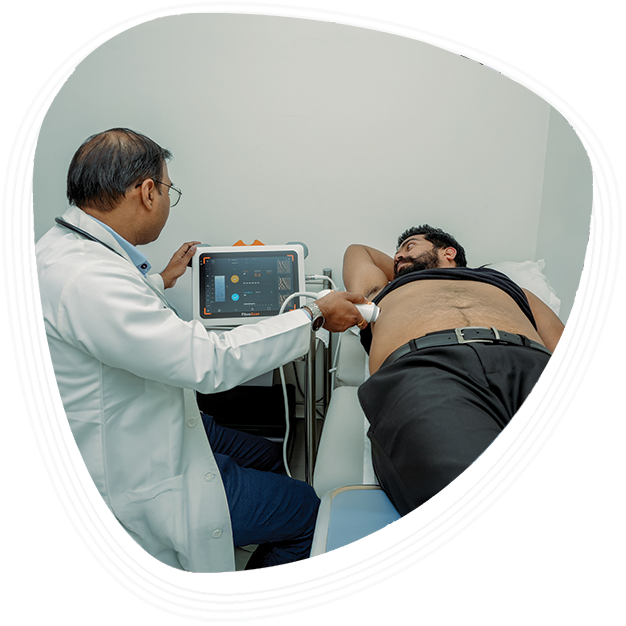
Preventive Care and Lifestyle Management for Digestive and Liver Health
Maintaining a healthy digestive system and liver requires a proactive approach that focuses on prevention and lifestyle modification. At Graphic Era Hospital, patients are encouraged to adopt daily habits that protect the gastrointestinal and hepatobiliary systems while reducing the risk of long-term complications.
Key preventive measures include:
- Following a balanced diet rich in dietary fibre, lean proteins, and fresh fruits and vegetables.
- Limiting alcohol intake and avoiding smoking to prevent liver and gastric irritation.
- Maintaining a healthy body weight to lower the risk of fatty liver and acid reflux.
- Staying hydrated and exercising regularly to support digestion and metabolism.
- Getting vaccinated against hepatitis A and B for liver protection.
- Avoiding unnecessary use of painkillers or self-medication that may harm the liver.
- Scheduling routine health check-ups and endoscopic screenings for early detection of gastrointestinal and liver diseases.
Top Gastroenterology & Hepatology Treatments at Graphic Era Hospital
- Upper and lower gastrointestinal endoscopy
- Endoscopic Retrograde Cholangiopancreatography (ERCP)
- Endoscopic Ultrasound (EUS)
- Capsule Endoscopy
- Liver Biopsy and Paracentesis
- Endoscopic Polypectomy and Mucosal Resection
- Variceal Band Ligation and Sclerotherapy
- Stone Extraction and Stent Placement through ERCP
- Endoscopic Management of Gastrointestinal Bleeding
Top Procedures
- Upper and lower gastrointestinal endoscopy
- Endoscopic Retrograde Cholangiopancreatography (ERCP)
- Endoscopic Ultrasound (EUS)
- Capsule Endoscopy
- Liver Biopsy and Paracentesis
- Endoscopic Polypectomy and Mucosal Resection
- Variceal Band Ligation and Sclerotherapy
- Stone Extraction and Stent Placement through ERCP
- Endoscopic Management of Gastrointestinal Bleeding
Gastroenterology, Hepatology & Advanced Endoscopy Conditions Treated at Graphic Era Hospital
The team at Graphic Era Hospital provides comprehensive care for a wide range of digestive and liver disorders. Each condition is evaluated using advanced diagnostic tools to ensure accurate assessment and timely treatment. Common conditions managed include:
Advanced Diagnostics & Technology
- Offers high-resolution imaging for detailed blood vessel analysis, aiding in accurate diagnosis and treatment planning.
- Delivers advanced imaging with high resolution for clear, detailed views of soft tissues, ensuring precise diagnostics.
- Provides high-quality, detailed radiographic images for accurate diagnosis with minimal exposure to radiation.
Other Specialities
Patient Stories
Blog
Frequently Asked Questions (FAQs)
Is endoscopy painful?
Endoscopy is generally not painful. Most patients are given mild sedation or anaesthesia to ensure comfort during the procedure. You may feel slight throat discomfort or bloating afterward, which resolves quickly.
What symptoms should I see a gastroenterologist for?
You should consult a gastroenterologist if you experience persistent abdominal pain, heartburn, jaundice, unexplained weight loss, changes in bowel habits, or blood in vomit or stool.
Can endoscopy detect cancer?
Yes. Endoscopy allows direct visualisation of the digestive tract and can detect early signs of cancer, ulcers, or abnormal tissue. If required, a biopsy can be taken during the same procedure.
What is the difference between gastroenterology and hepatology?
Gastroenterology focuses on diseases of the digestive system, including the stomach, intestines, and pancreas. Hepatology is a subspecialty that deals specifically with the liver, gallbladder, and bile ducts.
What is ERCP, and when is it needed?
Endoscopic Retrograde Cholangiopancreatography (ERCP) is used to diagnose and treat blockages or stones in the bile and pancreatic ducts. It is commonly performed for conditions such as gallstones or pancreatitis.
What is fatty liver disease, and can it be reversed?
Fatty liver disease occurs when excess fat builds up in liver cells. Early stages can often be reversed with lifestyle changes such as a healthy diet, regular exercise, and avoiding alcohol.
How can I prevent liver and digestive diseases?
Follow a balanced diet, stay physically active, limit alcohol, avoid self-medication, and schedule regular health check-ups for early detection and management.
Can children also undergo gastro or endoscopy procedures?
Yes. Paediatric gastroenterologists perform endoscopy for children when necessary. The procedure is safe and adjusted to the child’s size and condition.
